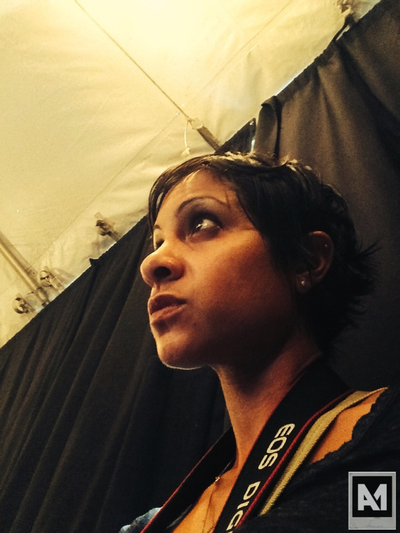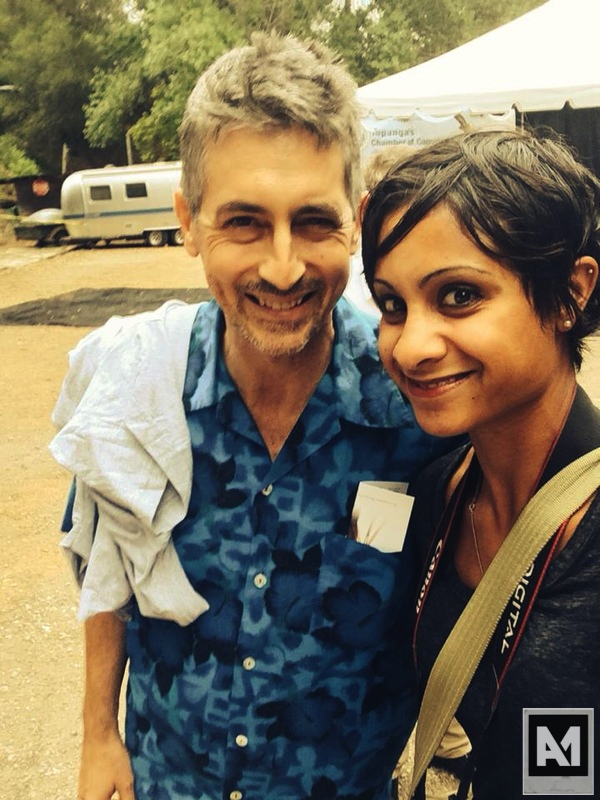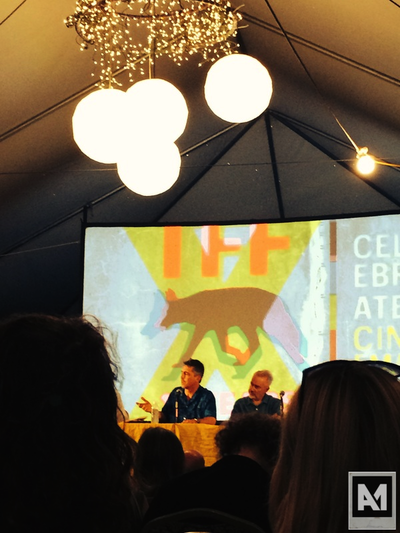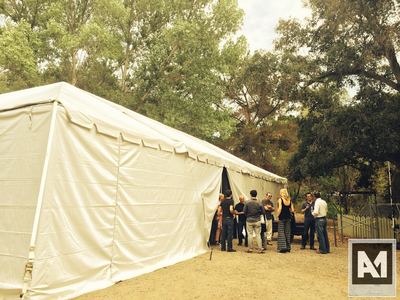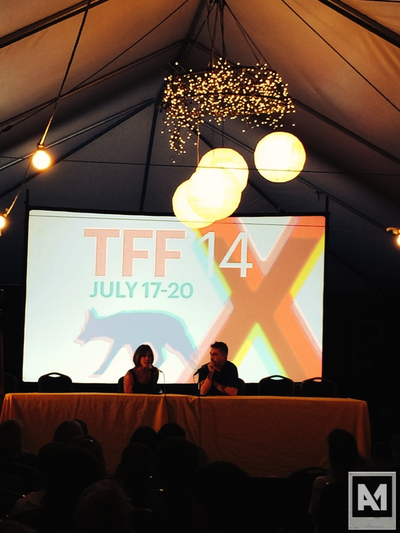|
COMPOSERS MOVE MOVIES With music as the fuel for film, from dramatic pauses to dynamic percussion and all matters of melodic instrumentation in between on classical instruments or foreign objects, often it is the soundtrack that provides momentum for a movie. I attended the Film Composer Forum at the 2014 Topanga Film Festival and was reminded of how composers have the ability to change ordinary moments into extraordinary scenes. A story's tempo can be controlled by a selected pentameter bound by notes and with meter measured by orchestral sonnets. Such cinematic influence comes from what we hear, supporting the story we see. Is the score the soul of a film? I believe, in some cases, it is. Mediated by a brilliant artist whom I now call a dear and inspiring friend, Maestro Kim Kluge, along with the lovely singer/songwriter, Wendy Smith, the Film Composer Forum featured the following panelists: Mac Quayle (Spring Breakers, Drive, The Lincoln Lawyer), Cliff Martinez (The Knick, The Normal Heart, Gray's Anatomy), Ceiri Torjussen (Live Free or Die Hard, When A Stranger Calls, Hellboy) & Nathan Barr (True Blood, Grindhouse, The Dukes of Hazard). IN A TENT IN TOPANGA In a tent in Topanga, each composer shared a clip singular in stye and defined by a statement of their own, resonating in volumes of audible elements. I instantly understood what I had always known but perhaps not consciously realized. Music can buy a storyline time with static visual segments supported by dynamic audible tempo. Transition can be orchestrated by tracks that provide decibel driven transfer from one scene to another. Likewise, a composer's use of constancy can provide a base for a volume of cinematic variables. Ultimately, it was the voice of Alexander Payne that struck a cord with me when he eluded to the fact that, "Music should invite you to feel something - not tell you precisely what to feel." While auditory suggestions are acceptable, what's heard should offer options for personal, emotional interpretation. He went on to describe how directing a film is all about rhythm, as is the score of the story. It was truly inspiring to hear the account of Alexander and his team, as they shared the 'why' behind the 'what' of the films they brought to life. The pleasure was mine as I listened to stories shared by Alexander Payne (Director, producer, screenwriter - Citizen Ruth, About Schmidt, Sideways, The Descendants, Nebraska), Richard Ford (Music editor - Election, Sideways, Zero Dark Thirty, American History X) & Kevin Tent (Picture editor - Blow, Girl Interrupted, About Schmidt, Sideways, The Descendants, Nebraska).
|



